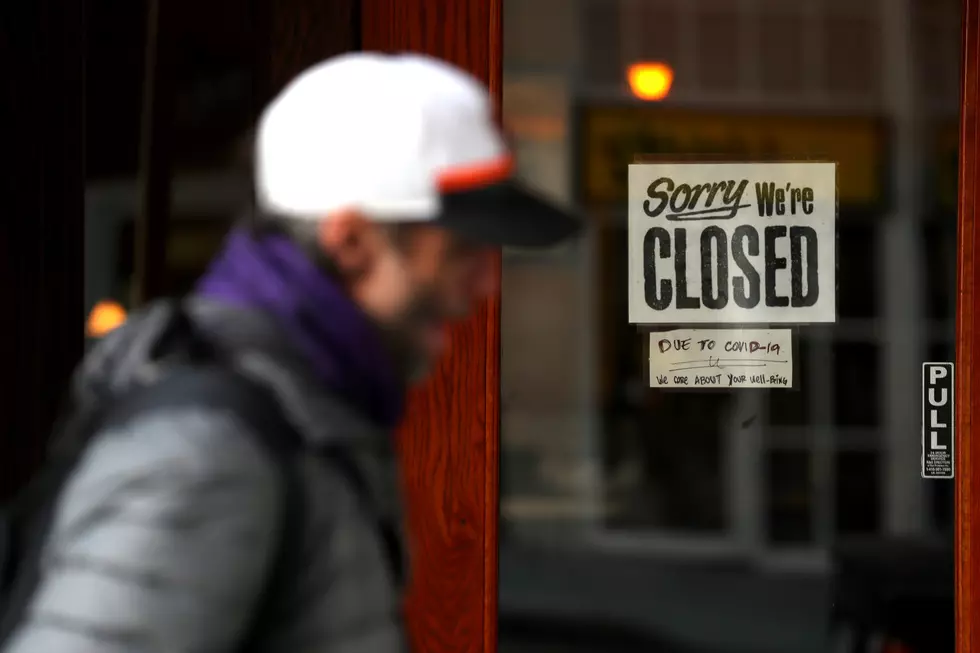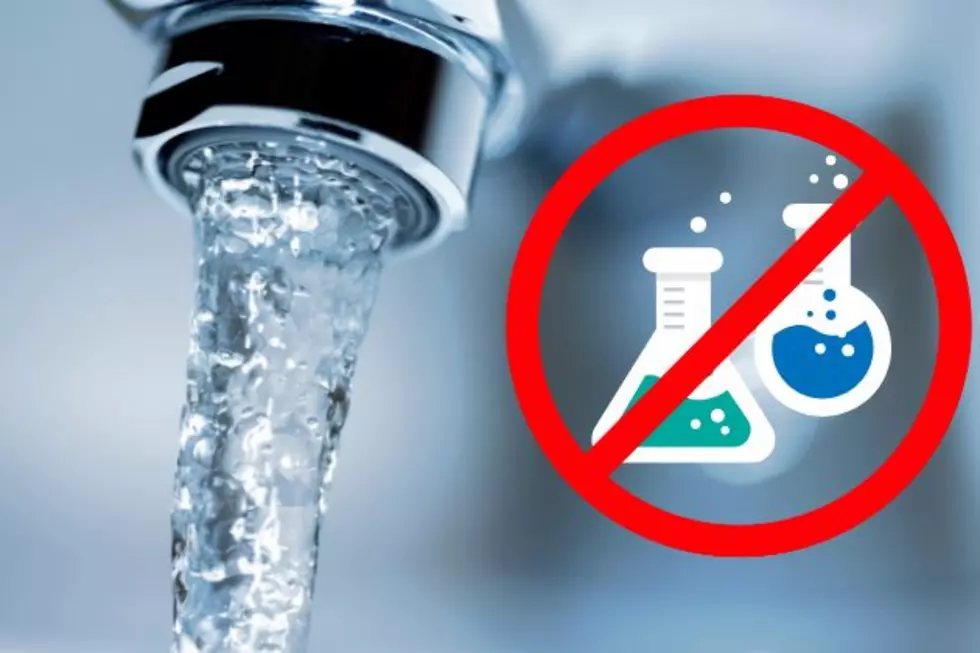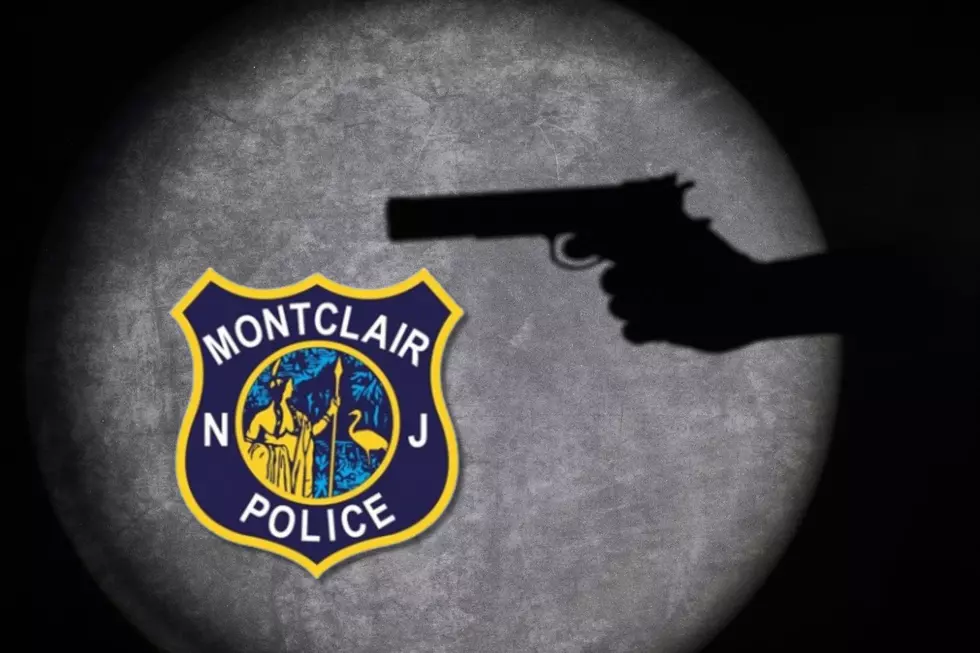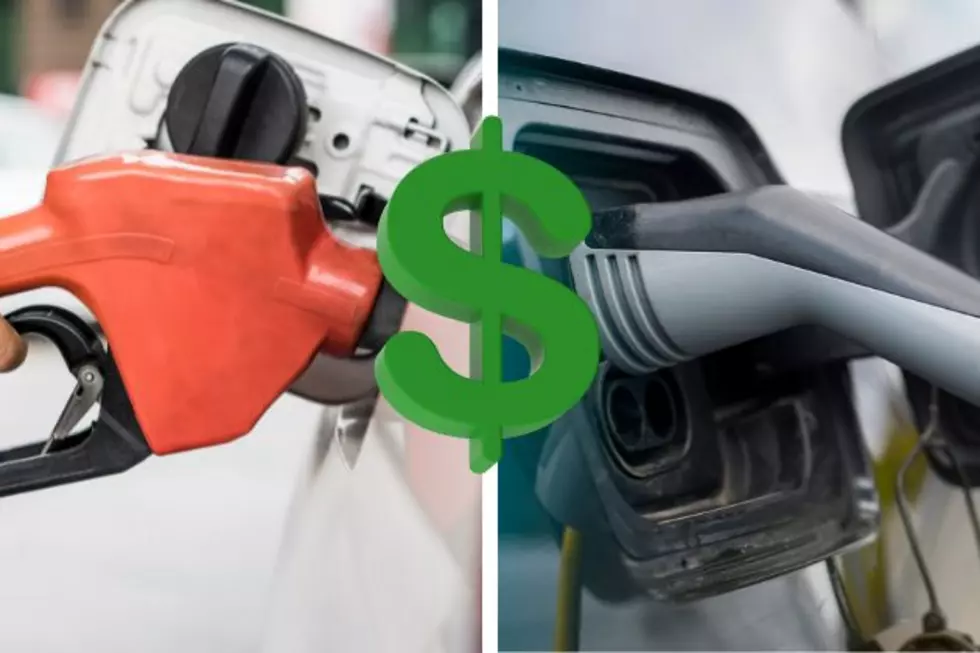
NJ shutdown for COVID-19: Here’s what’s closed and allowed to be open
NEWARK — Social distancing measures took a dramatic but expected step on Saturday with Gov. Phil Murphy ordering all non-essential businesses closed. They have until 9 p.m. to comply.
The announcement came as New Jersey's death toll from the novel coronavirus reached 16 and the number of COVID-19 cases topped 1,327.
The disruptions, which are leading to massive unemployment claims, could last weeks, if not months, Murphy said.
The order taking effect 9 p.m. March 21 prohibits gatherings of any kind — no weddings, no funerals, no in-person business meetings — which previously had been limited to 50 people.
The order essentially requires that the state's 9 million residents remain home, although they're allowed to walk or run outside as long as they can maintain a safe distance from others.
The order comes with long list of exceptions. And while Murphy asked all businesses to have their employees to work from home whenever possible, he noted that construction, manufacturing, logistics, shipping and trucking work would continue.
Medical facilities such as doctor’s offices, hospitals, dentist offices, long-term care facilities and other medical offices also remain open.
There is no travel ban but people should try to stay home between 8 p.m. and 5 a.m. unless they're commuting or have a reasonable reason to be out.
Retailers also are allowed to continue their businesses online.
Murphy said the choices have been to take action or "let the virus run its course" and "ultimately pay a huge price in fatalities and sickness and pay an enormous economic price."
"Our job collectively is to flatten the curve, break the back of that curve as aggressively and preemptively as possible. That comes with economic pain, enormous economic pain … But at the end of the day, we will get through this. We know that," Murphy said during a news briefing Saturday at Rutgers University-Newark.
"While the economy pain is significant now, we will save many lives, we will keep a lot of people healthy and frankly, at the end of the day, the economic pain related to what we're doing will be a lot less consequential than if we had let this virus run amok."
The lobbying organization representing businesses and industry in the state said Saturday that the understand "the need to put public health first in confronting a global pandemic with uncertain reach."
"There is much guidance for which businesses are or are not included as essential,' but we still anticipate much confusion, requiring further detail and guidance," Michelle Siekerka, president and CEO of the New Jersey Business & Industry Association said in a written statement.
"While we recognize the pain many of our businesses are experiencing, we are pleased to see our manufacturers and other essential sectors remain in operation to continue their work during this challenging time, particularly those who make health-based products relevant to the coronavirus response."
Allowed to remain open:
Grocery stores and retailers offering foods
Convenience stores
Food banks
Restaurants that can provide take-out or delivery
Farmer's markets and farms that sell directly to customers
Pharmacies
Marijuana dispensaries
Medical supply stores
Liquor stores
Banks and financial institutions
Gas stations
Auto mechanics
Car dealerships for auto maintenance and repair
Pet supply stores
Hardware and home improvement stores
Vehicle rental locations
Laundromats and dry cleaners
Stores that principally sell supplies for children under 5 years
Pet stores and veterinary service locations
Printing and office supply shops
Mail and delivery stores
Businesses that require employees to be on site "should operate with the minimal number of on-site employees as possible to ensure critical operations can continue." Examples of such employees include cashiers or store clerks, construction workers, utility workers, repair workers, warehouse workers, lab researchers, IT maintenance workers, janitorial and custodial staff, and certain administrative staff.
In addition to Saturday's order closing all non-essential retail, Murphy during the week had already taken steps to close certain retailers and services. Schools were closed this week and moved to online and remote learning. Murphy is keeping daycare centers open because he said essential workers who can't work from home need a place to leave their children.
Local police departments have been ticketing violators.
"If folks are monkeying around, we will take action," Murphy said Saturday.
Closed until further notice:
Restaurants and bars that cannot provide take-out or delivery
Shopping malls except for restaurants with separate entrances
Gatherings of individuals such as parties, celebrations, or other social events, are cancelled. CDC guidance defines a gathering to include conferences, large meetings, parties, festivals, parades, concerts, sporting events, weddings, and other types of assemblies
All recreational and entertainment businesses including casinos; racetracks; gyms and fitness centers
Entertainment centers such as movie theaters, performing arts centers, concert venues, and nightclubs
Personal-care businesses such as barbershops; hair salons; spas; nail and eyelash salons; tattoo parlors; massage parlors; tanning salons
Public and private social clubs.
Businesses that believe that they should be included on the list of essential establishments should reach out to the superintendent of the State Police.
Murphy also signed an order invalidating any county or municipal restrictions that conflict with his order.
Counties and municipalities are allowed to make further restrictions on online marketplaces for arranging or offering lodging and on public parks.

More From WPG Talk Radio 95.5 FM










